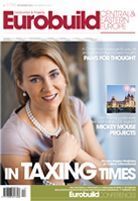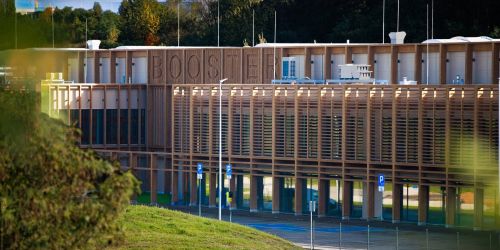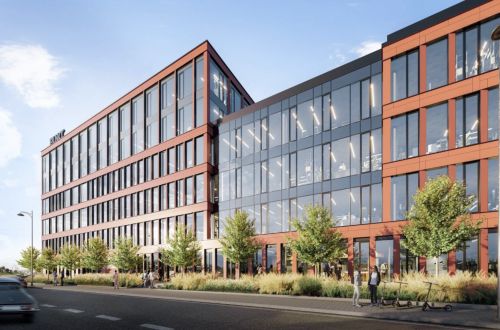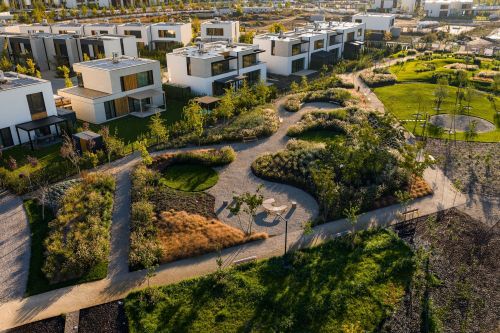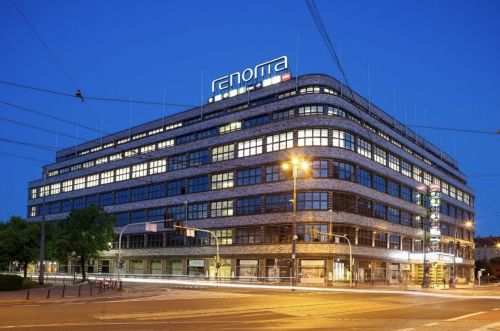Ian Worboys, the chief executive officer of P3: If we can double that in 3–5 years I would be very happy. This is a challenge, because there are a few large investors, such as Blackstone and Prologis, who are trying to do virtually the same thing. That puts us in direct competition with funds and developers. It is not going to be easy, but it will be fun and I believe we can do it. One of the reasons why TPG also believes we can do it is that we are a management team with an average of 20 years of warehouse experience. This means that we have contacts with occupiers and investors that we can take advantage of. As for the investment costs, they are going to be in excess of EUR 500 mln.
Where will you be looking?We are pan-European company. We have a team in the UK, but we don’t have any warehouse space there at the moment so we will try to buy something there. We are looking at all the main core markets, such as Germany, France and the Netherlands, and also at more opportun

























